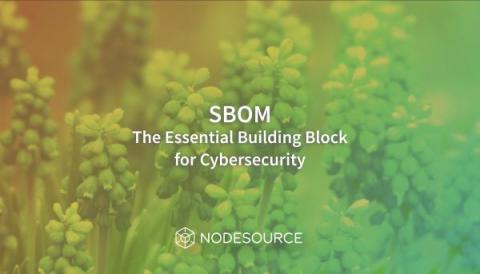SBOM: The Essential Building Block for Cybersecurity
Software Bill of Materials (SBOMs) is how companies provide a comprehensive inventory of all the components, libraries, and dependencies used in a software system. This information helps organizations identify potential vulnerabilities and manage the risk of software supply chain attacks. Just as a supply chain document in manufacturing and product development outlines the origin and journey of raw materials and components, a software bill of materials (SBOM) does the same for software components.











